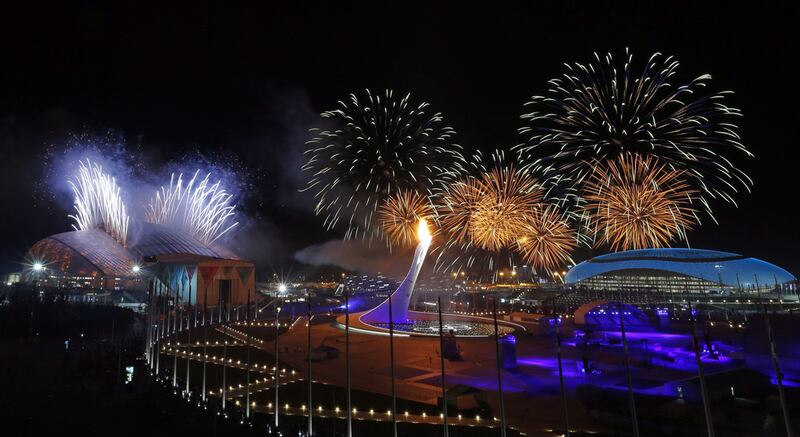So now we know they did it. When the World Anti-Doping Agency issued a report this month that detailed how Russian sports officials had colluded in switching urine samples and offering athletes performance-enhancing drugs, Russia issued a chorus of denials.
Now the country’s officials, for the first time, have conceded there was, according to Anna Antseliovich, the acting director general of Russia’s national antidoping agency, organised doping. But, she said the programme was not state-sponsored.
Certainly, there are political considerations behind the admission. The International Olympic Committee (IOC) has begun disciplinary proceedings against 28 Russian athletes – though it has not named them. There has also been pressure placed on Fifa to revoke Russia’s right to host the 2018 World Cup, because football was one of the 30 sports implicated by the Wada report. Thus far, Fifa has signalled that it does not consider it an option to move the event, and this admission will probably cement that view.
So what should be done? After the revelations, the shadow of suspicion immediately fell on hundreds of Russian athletes, including Olympic medallists. Their hard work has been tainted. Asked after the report was issued what should be done, the IOC’s president Thomas Bach said he would prefer that those involved never competed again. But for athletes who have focused their entire careers – their entire lives, indeed – to be banned from competing without evidence of their personal wrongdoing is grossly unfair.
At the same time, Russia cannot simply pretend that the doping did not happen. This admission of wrongdoing is a start. But even better would be for those involved to admit to what they did, and how. In effect, the Russians could turn themselves into “white hat” hackers, showing how they carried out the doping so that future Olympics could be protected against such cheating.
That is not a perfect solution. But there are few good options in this scandal. Realistically, calls for a boycott of the 2018 World Cup will fall on deaf ears. Russia has agreed to abide by the decisions of the governing bodies of the 30 sports, but for each to examine the evidence would be a vast undertaking and would, most probably, lead to differing decisions among the 30. Far better, after this admission, to draw line under the scandal and start with a clean slate. Russia has already taken the first step.





